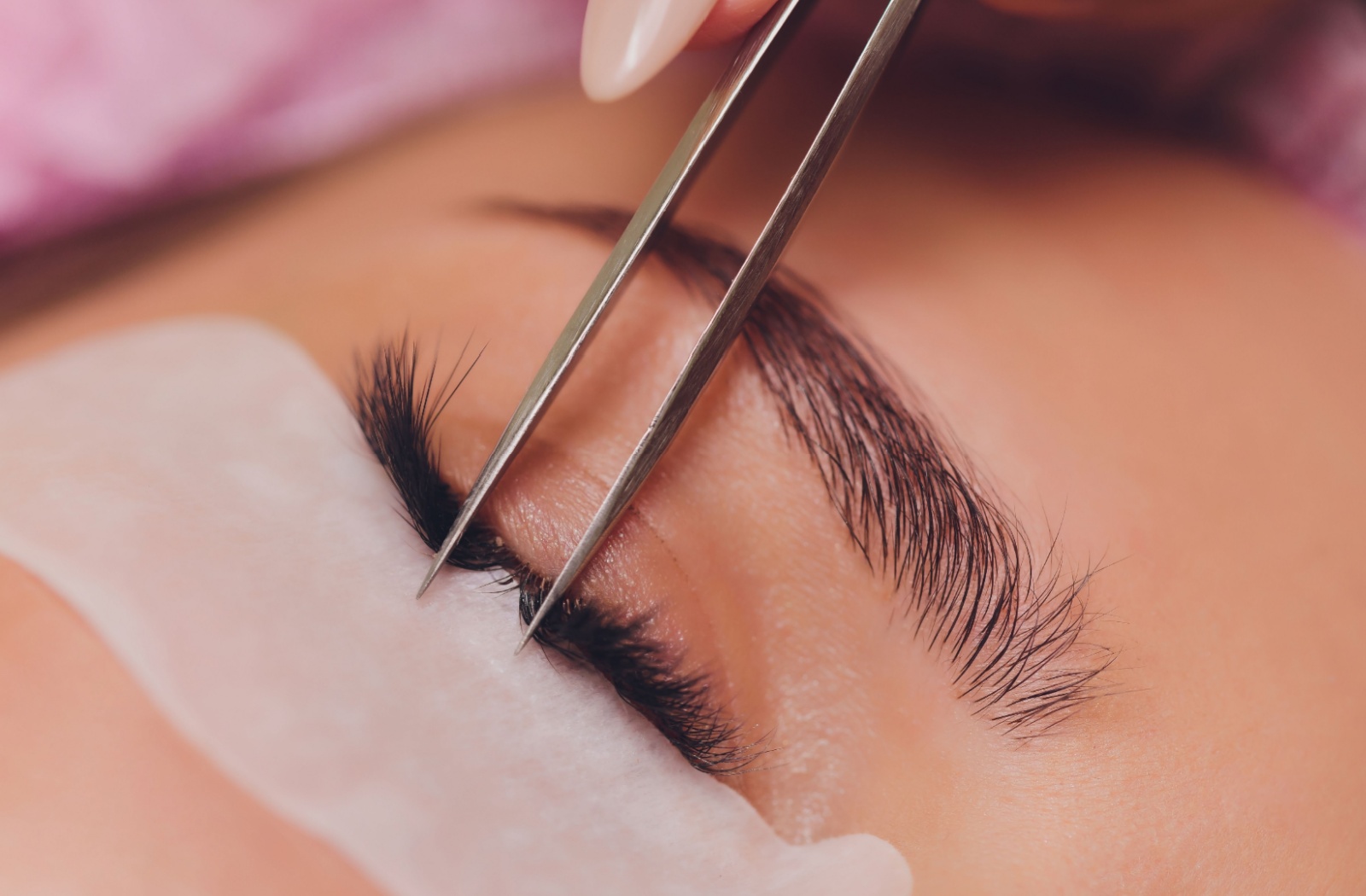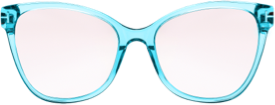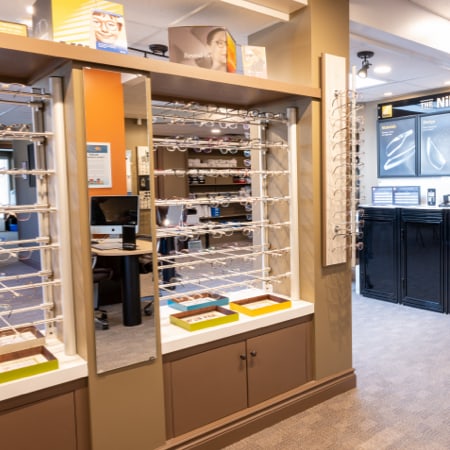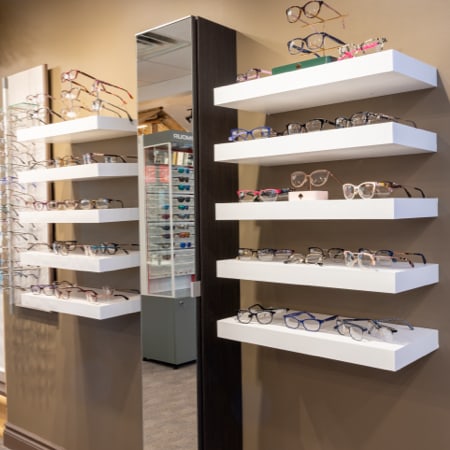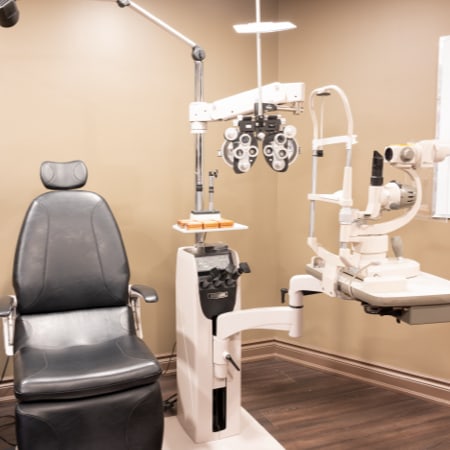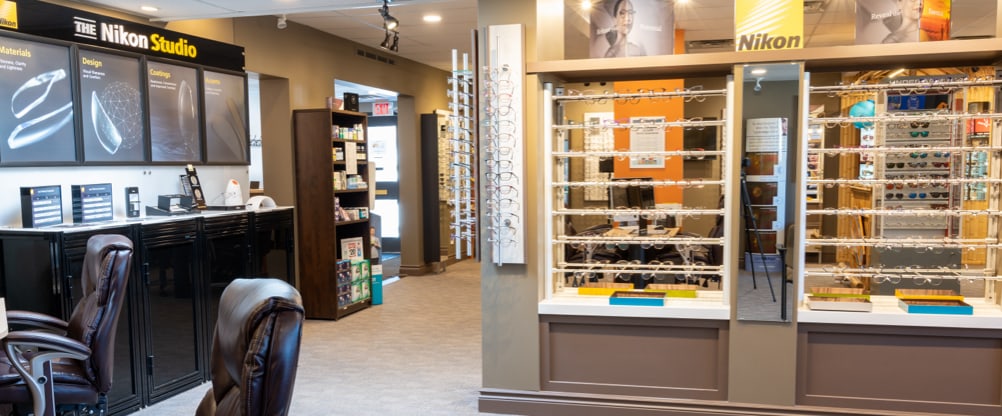Eyelash extensions can give you that bold, dramatic look, but they can also involve potential risks. One concern? Blepharitis—a condition where the eyelids become inflamed. Poor hygiene, adhesive reactions, or buildup at the lash line can increase the likelihood of developing this uncomfortable eye issue.
Properly caring for your lashes, getting regular check-ups for your eyes, and choosing reputable salons are key to enjoying extensions without compromising your eye health.
What Is Blepharitis?
Blepharitis is an inflammation of the eyelid margins, often caused by bacteria, blocked oil glands, or other irritants. It’s a common condition that can affect people of all ages. It leaves your eyes feeling irritated and itchy. Common symptoms of blepharitis include:
- Redness and swelling along the lash line
- Crusty flakes around the eyelashes
- Burning or stinging sensation in the eyes
- Watery eyes or sensitivity to light
While blepharitis isn’t contagious, it can be a recurring problem and can lead to complications, such as styes or dry eye syndrome, if not properly managed.
How Eyelash Extensions Can Contribute to Blepharitis
Eyelash extensions themselves aren’t inherently harmful, but the process and materials involved in their application can contribute to conditions like blepharitis. Here’s how:
Glue & Adhesive Irritants
The adhesives used to attach eyelash extensions often contain chemicals like formaldehyde and cyanoacrylate. These substances can irritate your skin, leading to inflammation at the base of your lashes. Over time, this irritation can increase your risk of blepharitis.
Buildup of Debris
Eyelash extensions can trap dust, oil, makeup, and bacteria along the lash line, as they make cleaning your eyelids more challenging. If this buildup isn’t properly removed, it can clog your oil glands and create the perfect environment for inflammation and bacterial growth.
Allergic Reactions
Some people with sensitivities to certain adhesives or lash fibres may experience allergic reactions. Prolonged irritation can lead to blepharitis if left unchecked.
Poor Hygiene Practices
Not cleaning your lash extensions or failing to care for them properly can put you at risk. Professional-grade adhesives and long lashes make thorough cleaning seem intimidating, but skipping this step invites problems.
Signs Your Eyelash Extensions Might Be Causing Problems
Noticing something off with your eyes? Below are some warning signs that your eyelash extensions may be contributing to issues like blepharitis:
- Red, itchy, or swollen eyelids
- Crust or debris accumulation at the base of your lashes
- A persistent burning or gritty sensation in your eyes
- Increased tearing or mucus discharge
- Eyelashes falling out prematurely
If you experience any of these symptoms, it’s important to assess your lash care routine and consider speaking to an eye professional.
Risk Factors to Watch Out For
Some people may be more susceptible to developing blepharitis. Risk factors include:
- Sensitive Skin or Allergies: Those with sensitivities are more likely to react to adhesives or lash fibres.
- Pre-existing Eye Conditions: Conditions like dry eye or rosacea can increase your risk of blepharitis.
- Lack of Proper Hygiene: Neglecting to clean your lash extensions as directed increases the chance of debris buildup.
- Frequent Touch-ups: Regular exposure to adhesives during fill-ins or replacements can lead to cumulative irritation.
Preventing Blepharitis with Eyelash Extensions
The good news? You don’t have to ditch your dream of fluttery lashes altogether. With a few simple precautions, you can enjoy eyelash extensions while minimizing the risk.
- Choose Reputable Technicians: Always get your extensions done by a licensed and experienced lash technician who uses high-quality, safe materials.
- Opt for Hypoallergenic Products: If you have sensitive eyes, ask for adhesives or lash products specifically labelled as low-irritant or formaldehyde-free.
- Follow Aftercare Guidelines: Pay close attention to the instructions your lash technician provides about cleaning and maintenance.
Tips for Safe Eyelash Extension Care
Taking care of your eyelash extensions doesn’t have to be complicated. Here’s how to keep your lashes clean and healthy:
- Clean Them Regularly: Use a gentle, oil-free lash cleanser made specifically for eyelash extensions. Clean your lash line carefully with a clean brush or cotton swab to remove oil and debris.
- Avoid Oil-Based Products: Oil-based makeup removers and skincare products can interfere with lash adhesive, loosening your extensions and trapping more debris. Opt for water-based alternatives instead.
- Boost Your Eye Hygiene: Make regular lid wipes and eyelid scrubs part of your self-care routine, especially while wearing extensions. Doing this helps to reduce bacteria and debris buildup.
- Minimize Touching Your Lashes: Avoid rubbing, pulling, or touching your eyelash extensions to minimize irritation and bacteria transfer.
- Take Breaks Between Extensions: Give your natural lashes a break every few months to recover and rejuvenate, reducing the stress that overuse can place on your eyes.
What to Do If You Suspect Blepharitis
If you suspect your eyelash extensions are causing blepharitis, the first step is to stop using them and remove the extensions. Some over-the-counter eyelid cleansers may offer relief. However, symptoms that persist or worsen warrant professional input.
Consult with an eye care professional if:
- Your symptoms persist beyond a few days
- You experience severe pain or swelling
- There’s noticeable discharge or crusting
Eye doctors can prescribe treatments like medicated eye drops, ointments, or oral antibiotics to tackle the condition effectively.
Protect Your Lashes & Your Eyes
Eyelash extensions can enhance your look, but your eye health should always come first. By practicing good hygiene, choosing quality materials, and keeping up with regular maintenance, you can reduce the risk of blepharitis while still enjoying your extensions.
If you notice any discomfort or have concerns, listen to your eyes and seek professional advice. Book an appointment with Orillia Optometry today to ensure your eyes stay in great shape.

